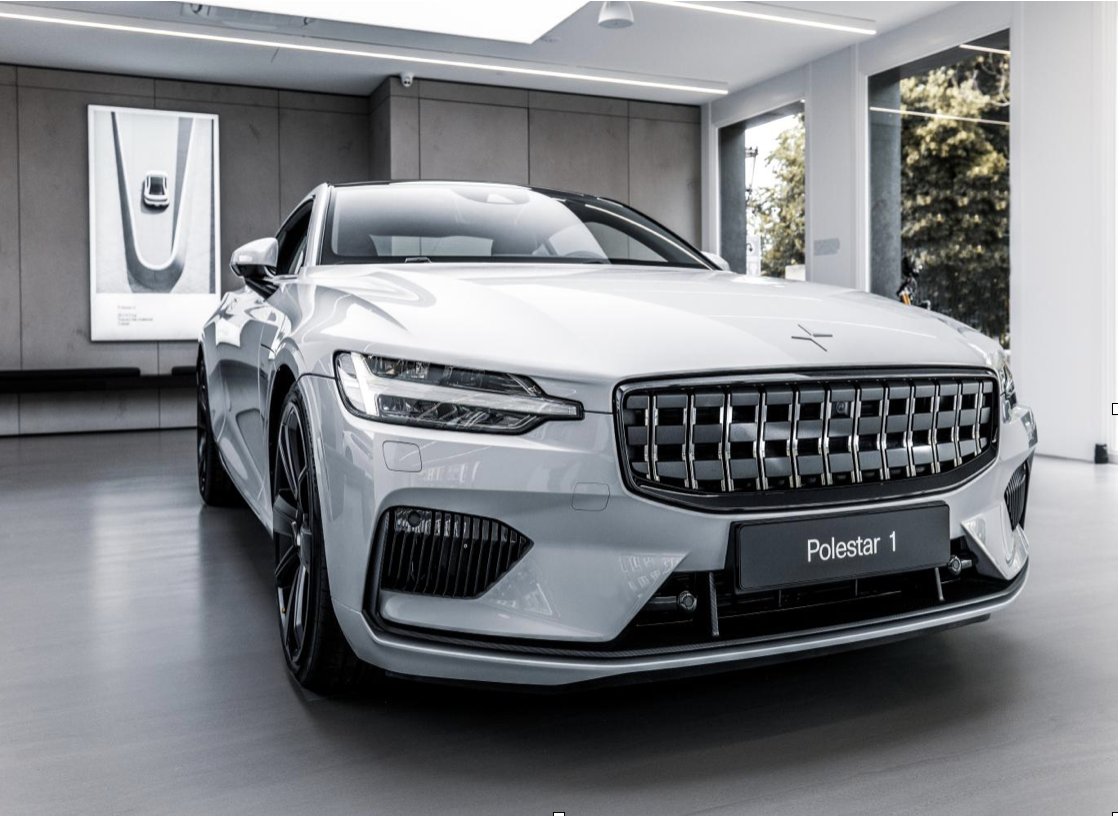Electric vehicles have revolutionized the automobile industry, but there is also another side. With advancements and benefits to owners, they also have brought some challenges and issues. Polestar, a Sweden car maker, has been in the cold waters since the problems with Polestar 1 were reported. Later on, Polestar 2 and 3 also faced controversies. Thus, understanding the possible issues your EVs could have is very important. Let’s recap those issues and understand how to handle them.
Issues with Polestar 1
Polestar, owned by Volvo, is known for its innovative engineering and well-designed auto solutions. This hybrid sports car was first introduced in 2019. However, the company soon discontinued the model due to its increasingly low demand. Polestar 1 was said to be irrationally priced and over-engineered, subsequently not everyone liked the complicated functions. Some observed that the design was somewhat resembled Volvo S90, a comparatively low-cost car.
Polestar 2 Recall
Polestar 2, recognized as the first all-electric car by Volvo, was also launched in 2019. This plug-in electric car is loaded with features that had to face lots of complaints from owners. Complaints including but not limited to software upgrades, 4G connection, and charging, leading to recalls. These issues raised questions about the vehicle’s architecture. As a result of not responding to the problem in a timely manner, a dubious stigma would follow. In October 2020, they issued a recall for owners of Polestar 2 vehicles, affecting approximately 4,586 cars.
Possible Concerns with Polestar 3
The 2024 Polestar 3 SUV is delayed due to software issues. The new offering from Polestar seems like a significant progression from their Polestar 2, but the price point could be a major hurdle in mass adoption. The charging infrastructure could also prove to be frustrating for some customers due to the lack of availability in some regions. Moreover, concerns have been raised regarding the sustainability of the vehicle’s supply chain, as the company touts it as a positive stride towards its “go green” mission. Electric cars like the Tesla Model Y and Genesis Electrified GV70 are among the main rivals of Polestar 3. The software glitches have already made the brand face loss of confidence, but this is not the only concern associated with Polestar 3. Another major concern is a wacky warranty.
Polestar warranty Assurance
Polestar offers warranties for the affected vehicles’ owners. Here’s a warranty package they offer for both Polestar 2 and 3.
- Vehicle Warranty: Covers manufacturing defects for a period of four years after delivery or up to 50,000 miles, whichever occurs first.
- Battery Warranty: The Company covers up battery issues for 8 years/100,000 miles. It also covers a drop in battery health.
- Corrosion Warranty: Repairs or replaces bodywork perforated by corrosion for the first 12 years after delivery.
The Polestar warranty is less comprehensive than other high-end electric vehicles, lasting only 4 years or 50,000 miles for manufacturing defects or faults. This sets it vulnerable to any possible defects and may cause problems for the owners.
Handling Your EV Issues
If you own a Polestar and experience any software or hardware issues, it is crucial to respond promptly to prevent any severe consequences. In case the issues affect our routine driving experience, there are legal options available. If you want to know whether your model is affected by a current recall, you can check it from the company’s website. Simply visit the official Polestar website and search for your model using your VIN. You may contact the customer care department for further assistance. In more serious cases where strict legal action like a lawsuit is necessary, you must seek the help of professional attorneys.
Bottom Line
Major players like Polestar often neglect the serious issues a customer is going through. However, there exists a designated avenue to assert your rights as an owner. Reach out to the Lemon Firm for assistance in managing any predicaments with your hybrid or electric vehicle. At the Lemon Firm, our experienced attorneys specialize in navigating the intricacies of Lemon Laws and manufacturer defects.
Contact us at (833) Lemon-firm to speak with a Lemon Law expert today.

